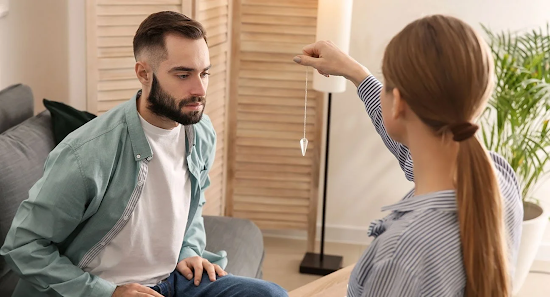Innovations in Varicose Vein Treatment: What Patients Need to Know?
Varicose veins, a common vascular condition affecting millions globally, have seen significant advancements in treatment options over the years. Beyond traditional approaches like surgical stripping, innovative techniques have emerged, offering patients less invasive and more effective solutions. In this blog, we will look into these innovations in varicose vein treatment, shedding light on what patients need to know for informed decisions about their vascular health, if they are looking for vein specialist, vein center near me, varicose vein removal, vein removal near me or simply the best vein doctors near me.
Understanding Varicose Veins
Varicose veins are enlarged, twisted veins that typically appear in the legs. They occur when valves in the veins fail to function properly, leading to blood pooling and causing the veins to swell. This condition can result in discomfort, pain, and, in severe cases, complications such as ulcers and blood clots.
Traditional Treatments
Historically, surgical stripping was the primary method for treating varicose veins. This invasive procedure involved removing the affected veins through surgical incisions. While effective, it often came with significant discomfort, a prolonged recovery period, and a risk of scarring.
Innovative Treatments :-
Endovenous Laser Ablation (EVLA)
EVLA is a minimally invasive procedure that uses laser energy to treat varicose veins. A laser fiber is inserted into the affected vein through a tiny incision, delivering targeted energy to seal the vein shut. This technique eliminates the need for stripping and offers a quicker recovery with minimal scarring.
Radiofrequency Ablation (RFA)
Similar to EVLA, RFA employs radiofrequency energy to close off problematic veins. The procedure involves inserting a catheter into the vein, and radiofrequency waves generate heat, causing the vein to collapse and seal. RFA is known for its effectiveness and reduced recovery time compared to traditional methods.
Sclerotherapy
Sclerotherapy has evolved with the introduction of foam sclerotherapy. This technique involves injecting a foam solution into the affected vein, causing it to collapse and fade over time. Foam sclerotherapy is particularly effective for smaller varicose veins and spider veins, offering a non-surgical alternative with minimal discomfort.
VenaSeal Closure System
VenaSeal is an innovative, FDA-approved system that uses medical adhesive to seal varicose veins. A catheter is placed in the vein, and the adhesive is delivered to close off the problematic vessel. This approach eliminates the need for thermal energy, providing a virtually pain-free option with a rapid return to normal activities.
Clarivein
Clarivein combines mechanical and chemical ablation techniques. A rotating wire is introduced into the vein, while a sclerosing agent is simultaneously dispersed, effectively treating the varicose vein. This method is less invasive than traditional surgery, offering patients a quicker recovery.
Patient Considerations
While these innovations bring promising alternatives, patient considerations remain essential. Factors such as the size and severity of varicose veins, the patient's overall health, and individual preferences should guide the choice of treatment. Consulting with a vascular specialist will ensure a personalized approach tailored to the patient's unique circumstances.
Benefits of Innovative Treatments
Minimally Invasive
Innovative treatments are generally minimally invasive, reducing the need for extensive incisions and resulting in less postoperative discomfort.
Faster Recovery
Compared to traditional surgical methods, many of these innovations offer faster recovery times, allowing patients to return to their daily activities sooner.
Improved Aesthetic Outcomes
Minimally invasive techniques often result in improved aesthetic outcomes, with reduced scarring and a more natural appearance post-treatment.
Customized Approaches
The variety of innovative treatments allows for a customized approach based on the specific characteristics of the patient's varicose veins, ensuring a tailored and effective solution.
A word from the doctor —
As the field continues to evolve, patients should stay informed about these developments and consult with vascular specialists to determine the most suitable approach for their unique circumstances. By embracing these innovations, individuals can address varicose veins with confidence, knowing that modern treatments provide effective solutions with fewer complications and a more patient-friendly experience.
Schedule a consultation with Dr. Sanul Corrielus right away if you have questions about your heart health!
.jpg)
.png)
Comments
Post a Comment